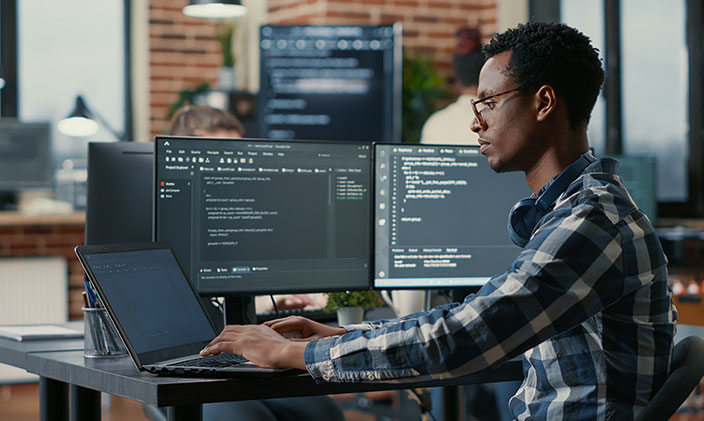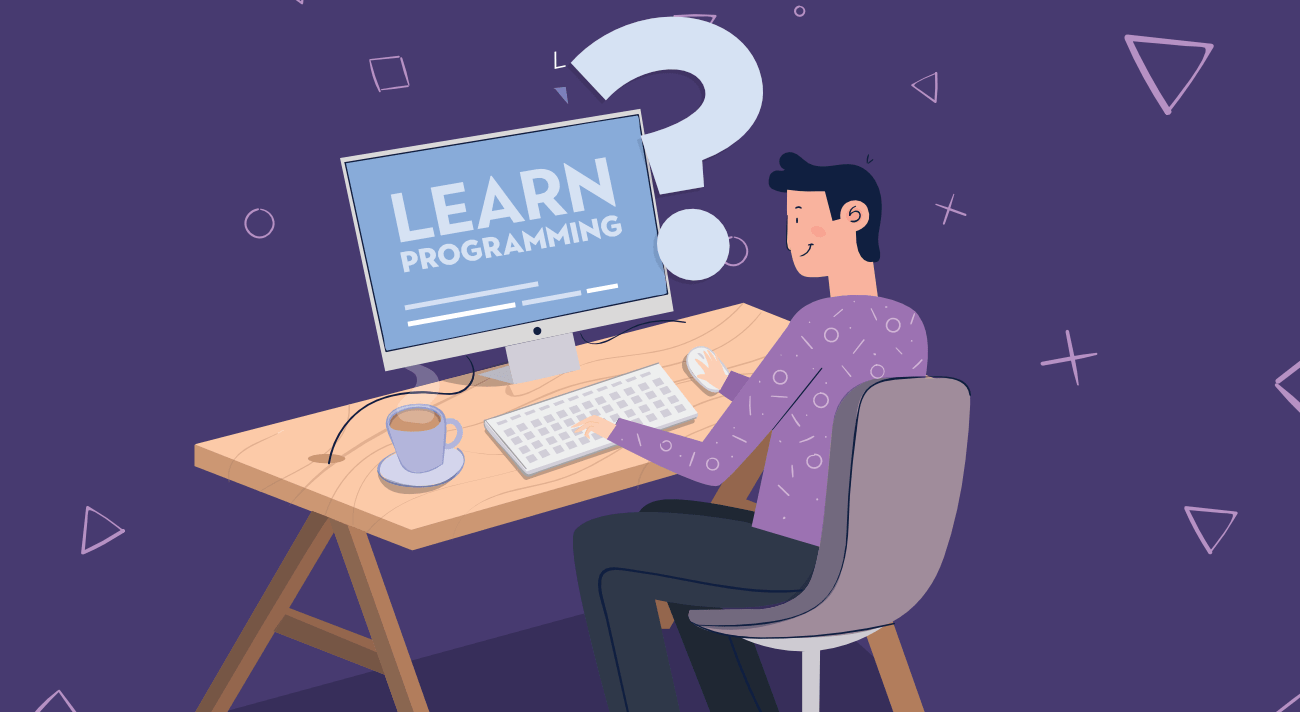In the dynamic world of technology, the role of a programmer has never been more significant. From crafting innovative software solutions to influencing the very fabric of our digital age, programmers hold the key to unlocking a world of possibilities. If you aspire to become a master programmer, you're on a journey that combines art and science, creativity and precision. This guide is your roadmap, a comprehensive blueprint to help you navigate this path to mastery. We'll explore the strategies, skills, and mindset required to elevate your programming abilities to the highest level. Whether you're a novice coder or a seasoned developer, the principles herein offer a continuous path to becoming the master programmer you envision, capable of shaping the future of technology with your code.
1. Choose Your Focus: Decide which programming languages and technologies you want to master. Consider your interests and career goals when making this choice.
2. Learn the Basics: Start with the fundamentals. Learn the syntax, data structures, and algorithms of your chosen language. Online courses, textbooks, and tutorials are excellent resources.
3. Build Projects: Practical experience is key. Create personal projects to apply what you've learned. As you complete more projects, your skills will improve.
4. Study Data Structures and Algorithms: A solid understanding of data structures and algorithms is essential for advanced programming. Learn how to optimize code for efficiency.
5. Participate in Open Source: Contribute to open-source projects to collaborate with experienced developers and gain real-world experience.
6. Read Code: Review other developers' code. It's a valuable way to learn different coding styles and best practices.
7. Attend Coding Bootcamps: Consider attending coding bootcamps or online courses that focus on specific technologies or industries.
8. Master a Version Control System: Learn how to use version control systems like Git to collaborate on projects and track changes.
9. Stay Updated: Programming evolves rapidly. Keep up with the latest trends, frameworks, and tools by reading blogs, attending conferences, and watching tutorials.
10. Practice Problem-Solving: Hone your problem-solving skills through coding challenges on platforms like LeetCode, HackerRank, and CodeSignal.
11. Mentorship: Seek mentorship from experienced programmers. They can provide guidance, answer questions, and offer insights into the industry.
12. Contribute to Communities: Join online programming communities, such as Stack Overflow, Reddit's programming subreddits, and GitHub, to learn from and help others.
13. Teach and Share Knowledge: Teaching is a powerful way to solidify your understanding. Write blog posts or create tutorials to share your knowledge.
14. Work on Real Projects: Collaborate on real-world projects, whether through internships, freelance work, or open-source contributions.
15. Master the Art of Debugging: Debugging is an essential skill. Learn to identify and fix errors efficiently.
16. Code Reviews: Engage in code reviews to receive feedback and improve your coding style and practices.
17. Soft Skills: Develop soft skills, such as communication, teamwork, and problem-solving. They are essential for success in any job.
18. Networking: Build a professional network by attending industry events, conferences, and meetups. Networking can lead to job opportunities and collaborations.
19. Certifications: Consider obtaining relevant certifications, especially if you plan to specialize in a particular field, like web development or cybersecurity.
20. Create a Portfolio: Showcase your work in a portfolio or on platforms like GitHub. A strong portfolio can impress potential employers.
21. Never Stop Learning: Programming is a lifelong journey. Embrace continuous learning and stay curious.
22. Work on Personal Projects: Personal projects allow you to explore your interests and demonstrate your skills to potential employers.
23. Seek Feedback: Don't be afraid to seek feedback on your work. Constructive criticism helps you improve.
24. Stay Patient: Becoming a master programmer takes time. Don't get discouraged by challenges; view them as opportunities to learn.
25. Explore Multiple Technologies: While mastering one language is valuable, understanding a variety of technologies and programming paradigms can make you a more versatile programmer.
In conclusion, the path to becoming a master programmer is an exhilarating journey marked by perpetual learning, innovation, and a commitment to excellence. As you embrace the strategies outlined in this guide and continually refine your skills, you are taking significant steps toward joining the ranks of master programmers who shape our digital world. Remember that mastery is not a destination; it's a continuous pursuit. The code you write, the projects you undertake, and the solutions you create are not just lines of text but bridges to the future. Your journey as a programmer is a testament to the ever-evolving world of technology, and your contributions will leave a lasting mark on the digital landscape. Keep coding, keep learning, and keep pushing the boundaries of what's possible – for in this dynamic field, mastery is both a journey and a destination.
Thank you for reading...





No comments:
Post a Comment